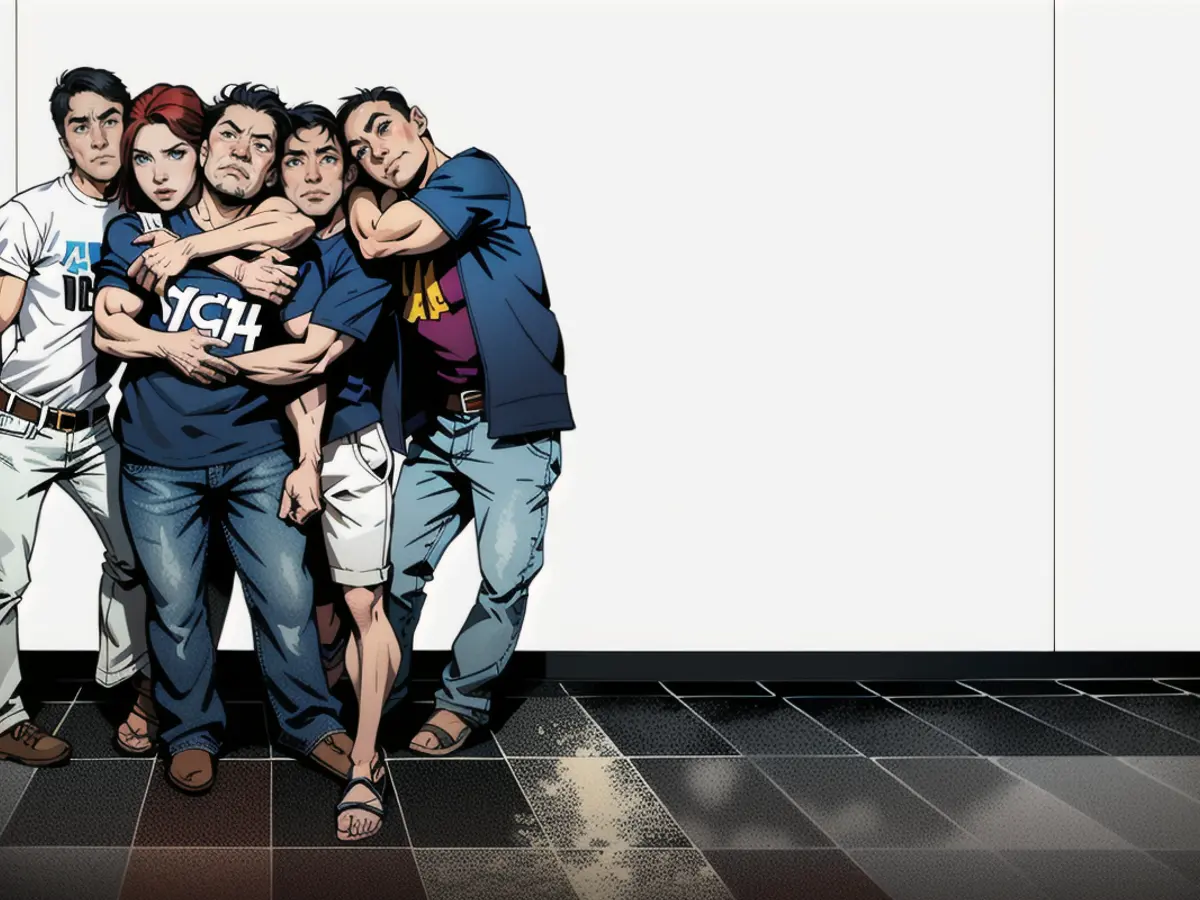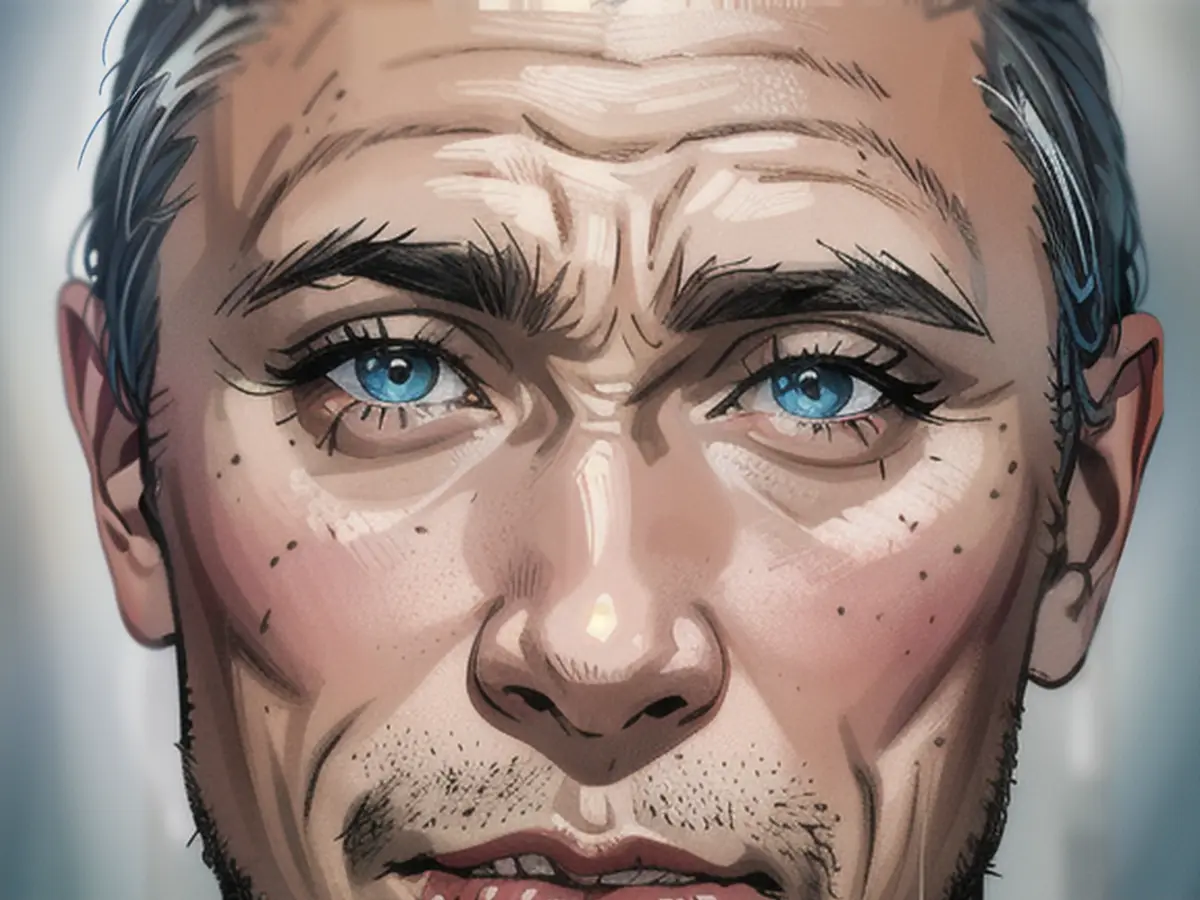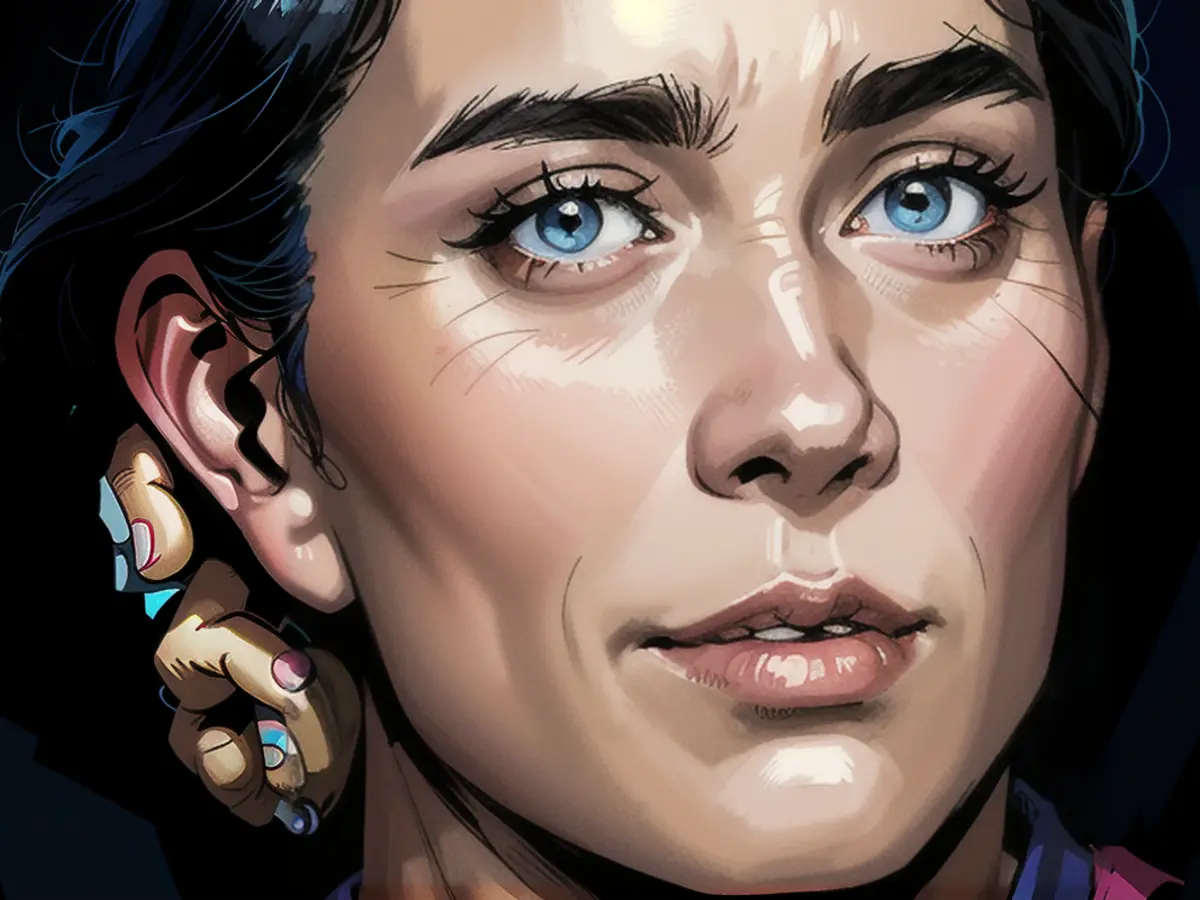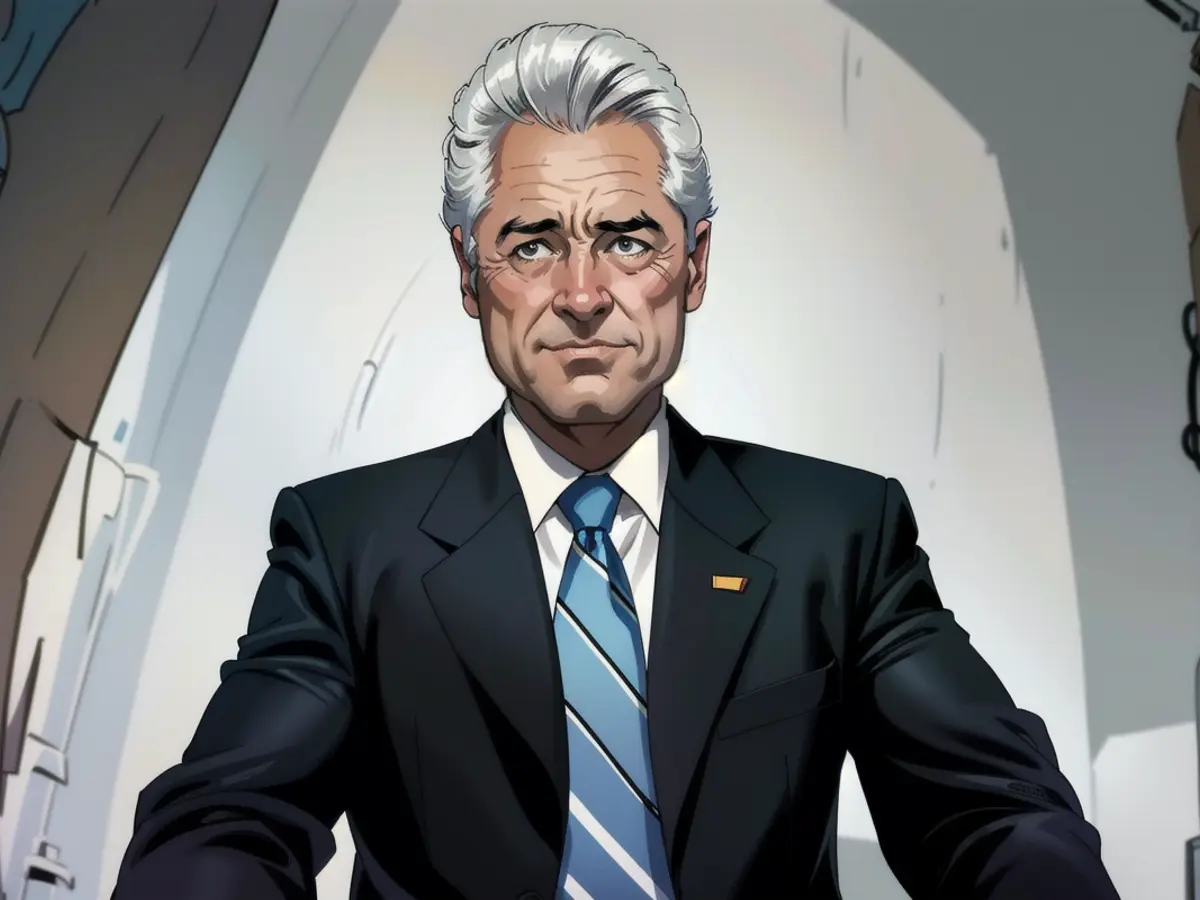Photographer Places Presidents and Protesters on Same Wooden Platform
"More world leaders have occupied that box than any chair in history." This statement was made by Platon, the photographer who owns the box, during an interview with CNN. The box is known for its simplicity, with a plain background. It can be challenging for some leaders who are used to grandeur, but others find it liberating, allowing their human side to shine through. The box provided an opportunity for Platon's new book, "The Defenders."
In an interview, Platon shared his inspiration behind the book. "There's a common saying in the human rights community: 'Giving a voice to the voiceless.' I don't agree with that. These people have strong, powerful voices; their problem is that they've been ignored." Through his work, Platon tries to amplify the stories of those who often go unheard.
Born in Greece in 1968 and raised in the UK, Platon studied photography at the Royal College of Art and later moved to New York for his career. He previously photographed world leaders and celebrities, admitting he was captivated by their world. However, when he started capturing the stories of the powerless, it changed his perspective on power entirely.

"I've photographed numerous world leaders," Platon said. "But the individuals I meet in the human rights movement are true leaders. They turn their suffering into compassion for others. That's something I rarely see in the political arena. So I named the book 'The Defenders' because they're like superheroes—ordinary people doing extraordinary things."
The book features various individuals, such as Burmese and Egyptian dissidents, survivors of sexual violence at Panzi Hospital in Congo, and the Russian punk band Pussy Riot. One of the people photographed was Esther Faraja. Although her story was featured on Netflix's "Abstract: The Art of Design," the details of her trauma were too painful to share.
"Unfortunately, she wasn't crying during the shoot," Platon remembered. "As a middle-aged, privileged white man, I'm usually the one crying. I asked her why she wasn't, and she said she didn't want to make me feel sad. She thought her purpose was to bring joy to the world, not to make others view her as a victim."
Platon said he was still amazed by what Esther had told him. "She's an example of a leader. I promised to share her message of compassion and strength." In "The Defenders," he aims to tell the stories of many other individuals like Esther, all captured in a fraction of a second. "Time is an interesting concept," he said. "It doesn't really exist. I try to capture moments that help us understand the past and will remain relevant in the future while still belonging to the present."
Platon also mentioned two well-known political figures. The portrait of Vladimir Putin, taken for Time's Person of the Year in 2007, now serves as a tool for political dissidents to mock Putin's power. "Apparently, anyone circulating my photo in connection with human rights issues could go to prison." Interestingly, he said Putin now appreciates the same photograph. "It's the same picture."
Platon also remembered a portrait he took of Bill Clinton for Esquire in December 2000. "Back then, it represented incredible charisma." Platon added that our perception of the photograph has changed, but the image remains the same. "When I take a good one, it works for everyone."
"Hillary Clinton doesn't agree to be photographed by him. She's one of the only political figures who has ever declined. This intrigues Platon. The 'no' is just as captivating as the 'yes'."
Taking complex human narratives and distilling them into a single photograph is a challenge in general, including when it comes to capturing leaders. However, the sensitive subjects tackled in "The Defenders" made it even more challenging for him. He explained, "Many of the people I photographed put their lives and security at risk to tell me their stories. I can't be careless. I must not be a thrill-seeker."
Although spending long periods on a project allows him to create thoughtful and challenging images, the trend towards taking fast, impromptu photos shared directly on social media is a concern. Platon mentioned the Burmese politician Aung San Suu Kyi coming out of house arrest and being surprised by the sea of smartphones pointed at her.
"Now everyone's a photographer and filmmaker. This is amazing because people are holding those in power accountable in a new way," he observed. "The problem is that with so much information available, it's hard to find that moment of reflection and pause, and to think for yourself. And while you're doing that, your phone is beeping and buzzing with notifications."
By stepping back and connecting the dots between the various movements he was documenting in "The Defenders," Platon realized that they weren't isolated issues, but connected ones. "Each geopolitical situation may differ, but they are all fighting for fundamental human principles," he said. "I photographed LGBTQ+ defenders in Burma and Russia. These are two very different countries, with the same cause."
Through the stories of "The Defenders," Platon aims to incite and guide others, just as he was inspired and instructed.
"This book is almost like a manual for the new generation. It says, 'Roll up your sleeves and get involved.' Society needs a new cohort of activists who think differently. They'll have a unique approach, but the principles will remain the same. The core principles unite us all."
"The Defenders" by Platon, published by MW Editions, is now available.

![We examine:
the situation
that has arisen
with (the
person's/people's) [name]
who is/are
causing problems/differences/friction
between (the
person's/people's) [name]
and the team.](https://cdn.aussiedlerbote.de/content/images/2024/05/13/263176/jpeg/4-3/1200/75/we-look-at-the.webp)



Read also:
- Caught up in the present: the end of "The Crown"
- Through New Year's Eve with TV shows
- What's next for the series hits?
- Which shows will be on?
In discussing his inspiration for "The Defenders," Platon praised the individuals he photographed, stating, "There's a certain style and art to their leadership." Later, when reflecting on Esther Faraja's resilience, he admired her ability to maintain a positive attitude, commenting, "Even in the face of adversity, she carried herself with grace and style."
Source: edition.cnn.com








